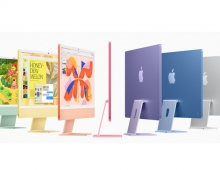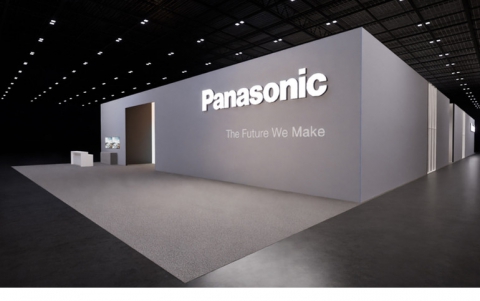
Apple's Jobs warns on music pricing
Apple boss Steve Jobs called the music industry greedy for considering a hike in the price of digital downloads, warning such a move would drive users back to piracy.
Record companies have begun rethinking how to price songs sold over Apple's iTunes Internet shop -- 99 cents each in the United States and 79 pence in Britain -- before new contract negotiations come up with the California-based company.
"If they want to raise the prices, it means that they are getting greedy," said Jobs, chief executive of Apple, at a news conference in Paris on Tuesday.
"If the price goes up, they (consumers) will go back to piracy and everybody loses," he said.
Hit hard over the past five years by the rapid spread of illegal song copying over the Internet, music companies are struggling to revamp their business models as sales shift to more legal digital downloads from the CD format.
Vivendi's Universal Music, Sony BMG Music Entertainment, EMI Group and Warner Music are responsible for three out of every four albums sold around the world.
Apple, which Jobs said had more than 80 percent of the U.S. digital music market, unveiled this month a pencil-thin "iPod nano" digital music player aimed at securing its lead.
Jon Rubinstein, senior vice president of the iPod division, told journalists the company was not planning to add radio features on to its digital player because there was not enough demand for it.
"If they want to raise the prices, it means that they are getting greedy," said Jobs, chief executive of Apple, at a news conference in Paris on Tuesday.
"If the price goes up, they (consumers) will go back to piracy and everybody loses," he said.
Hit hard over the past five years by the rapid spread of illegal song copying over the Internet, music companies are struggling to revamp their business models as sales shift to more legal digital downloads from the CD format.
Vivendi's Universal Music, Sony BMG Music Entertainment, EMI Group and Warner Music are responsible for three out of every four albums sold around the world.
Apple, which Jobs said had more than 80 percent of the U.S. digital music market, unveiled this month a pencil-thin "iPod nano" digital music player aimed at securing its lead.
Jon Rubinstein, senior vice president of the iPod division, told journalists the company was not planning to add radio features on to its digital player because there was not enough demand for it.





















